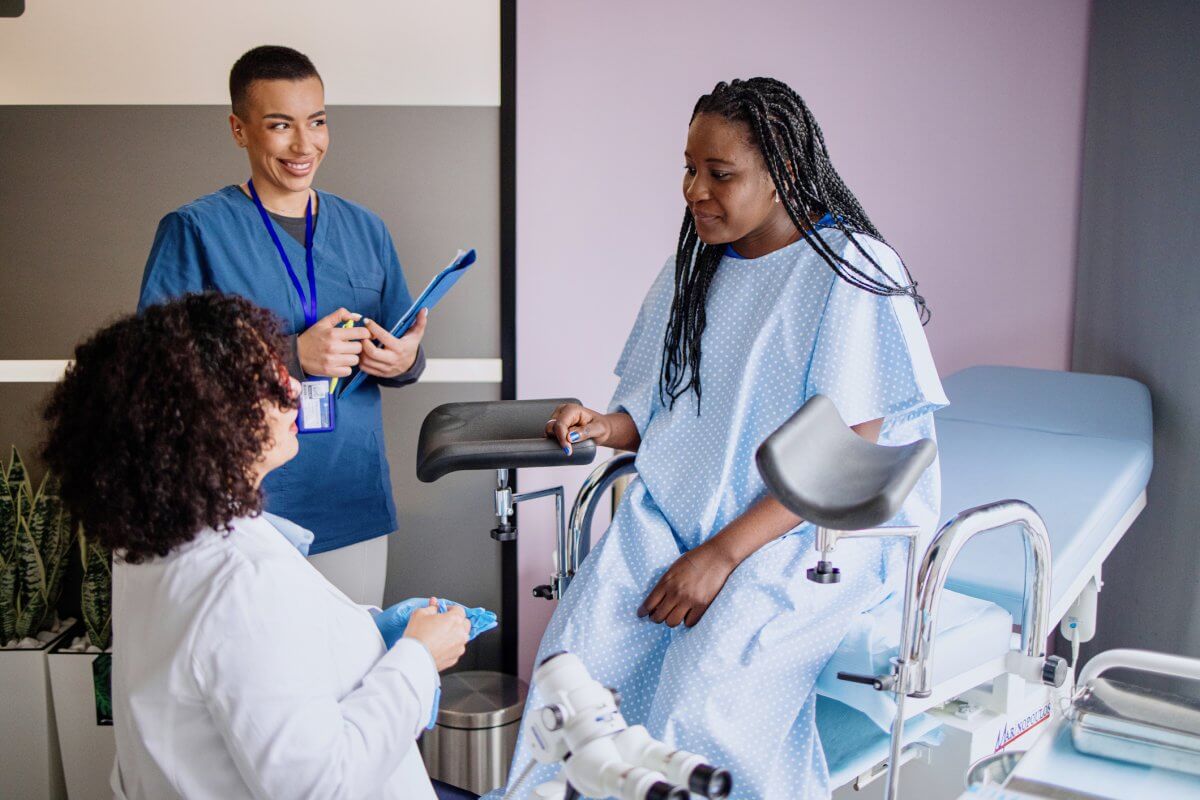Becoming a parent through surrogacy can be one of the most beautiful journeys of your life. Learn the benefits of gay surrogacy here and how we can help you get started on your journey today.
In this article we will share the benefits of gay surrogacy, eligibility requirements, and answer other common questions about surrogacy for gay parents. You can also click here to get help now.
Follow us on Instagram to hear from other intended parents about how surrogacy gave them the opportunity to experience parenthood.
Am I Eligible for LGBT Surrogacy?
At American Surrogacy there are no additional requirements for same sex surrogacy or individual LGBT surrogacy approval. In other words, surrogacy for gay couples, surrogacy for trans or non-binary couples, and lesbian couple surrogacy have the same requirements as surrogacy for any other couple. Similarly LGBT surrogacy as an individual has the same requirements as surrogacy for a straight, cisgender individual.
If you are interested in gay surrogacy, you will need to meet the basic requirements for surrogacy, and then complete the approval process with a surrogacy professional. Your surrogacy professional will help you prepare for the surrogacy process. Get help now when you click here.
LGBT Surrogacy Benefits
- Opportunity to parent from birth: When you choose LGBT surrogacy for your family, you can have an opportunity to parent from the moment your child is born, which can be a meaningful experience for many parents.
- Creating a family on a predictable timeline: When you choose surrogacy and get started on the embryo transfer process, it can be easily predicted when you will have your new family member. And at American Surrogacy, we have the fastest matching in the industry.
- Experiencing the pregnancy process with your surrogate: Surrogacy is a beautiful journey, and if you have been looking forward to pregnancy and seeing your little one even in ultrasounds, you can have this experience. Many surrogates are excited to share each step of the pregnancy with you and help you on your journey to growing your family.
- Possibility of genetically-related family: LGBT Surrogacy can allow you to have a child who is genetically related to you. In some cases LGBT couples may not otherwise be able to have genetically related children, but LGBT surrogacy can allow one or both partners to have a genetic link to their child.
- Building a meaningful bond with your surrogate: Pregnancy and birth can build a family, but surrogacy takes an extra step and allows couples
Gay Couple Surrogacy Considerations
Surrogacy for gay parents is the same as surrogacy for other parents in most ways, but there are some special considerations that gay couples
- Legal requirements
- Finding surrogates for gay couples or individuals
- Finding a supportive surrogacy agency
- Finding donor eggs, sperm, or embryos
Gay Surrogacy Costs
The cost of surrogacy can vary widely depending on several factors, including the location, the specific services involved, and the individual circumstances of the surrogacy arrangement. At American Surrogacy, we simplify costs by offering services at a flat fee and listing all of the services that are included before you begin your surrogacy journey. And gay surrogacy costs the same as surrogacy for any other couple or individual.
Here are some of the factors to take into account when considering the finances of surrogacy:
- Agency Fees: Surrogacy agencies typically charge fees for their services, which can include the screening and matching process, legal support, counseling, and coordination of medical procedures.
- Legal Fees: You will need to work with a reproductive attorney to draft and review the necessary legal agreements.
- Medical Expenses: The medical expenses associated with surrogacy can include the surrogate’s medical screening, fertility treatments, prenatal care, and delivery.
- Insurance: The surrogate’s insurance coverage may not fully cover the costs associated with surrogacy, especially if the insurance policy excludes surrogacy-related expenses. Intended parents may need to purchase a separate surrogacy insurance policy or cover any additional medical expenses not covered by the surrogate’s insurance.
- Compensation and Expenses for the Surrogate: Surrogates typically receive compensation for their time, effort, and the physical demands of the pregnancy. Additionally, intended parents are usually responsible for covering the surrogate’s pregnancy-related expenses, such as travel costs, maternity clothing, and reasonable living expenses.
Get Help Now
If you are excited about starting your LGBT surrogacy journey, you can get help now when you click here.









![How We Reduce Surrogacy Wait Times [In 2 Valuable Ways]](https://www.americansurrogacy.com/blog/wp-content/uploads/2022/08/lower-wait-times-1200x801.jpg)